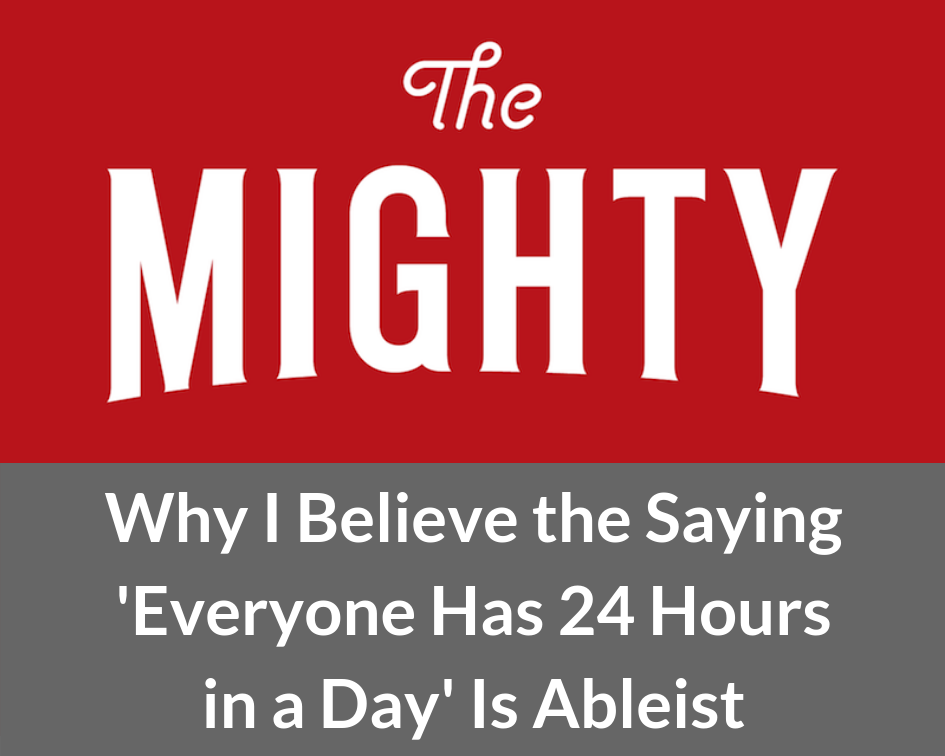|
Note: This post is for informational purposes only and is not intended to diagnose or treat any medical condition. If you have questions about your caffeine consumption or any medications you take, talk to your doctor. Over the course of my life so far, I’ve had a dynamic relationship with America’s favorite drug. As a kid, I remember drinking Mountain Dew, eating sugary snacks and staying up all night at slumber parties. When I started having respiratory issues in middle school, my doctor suggested I cut caffeine completely, and it seemed to help. For many years, I was caffeine-free. In college, I’d occasionally drink caffeinated pop, but only as a vehicle for alcohol. Around the time I graduated from college, my love affair with tea began. I’ve never been a coffee drinker, but my tea intake has only increased over the years. I wouldn’t say I’m an addict. But I’ve watched friends struggle through the symptoms of caffeine withdrawal, and I know it’s not an easy habit to kick.
1. Caffeine can interact with many prescription medications.According to drugs.com, there are 82 known drug interactions with caffeine that can cause mild to severe symptoms ranging from dizziness to bleeding to overdose. Some effects can even be fatal. So it’s important to talk with your doctor before beginning any new medications or changing your caffeine intake. Click here for a list of the most common drugs that interact with caffeine. 2. Caffeine can exacerbate some heart conditions and anxiety disorders.Because caffeine increases heart rate, it could be dangerous for some people with underlying conditions. If you have a heart condition or anxiety, you may want to limit your caffeine intake and talk to your doctor about the possible effects. 3. Like any drug, there is a risk of addiction and overdose.Healthy adults shouldn’t consume more than 300-400 mg of caffeine in a day. For children, women who are pregnant or people with heart conditions, that number is much lower. Of course, caffeine is also an addictive substance. Withdrawal can include a wide variety of symptoms, from headaches to problems with sleep and depression. 4. Caffeine can cause insomnia.One of the most well-known effects of caffeine – and one of the reasons we love it – is the jolt of energy and alertness that it provides. This may be a welcome side effect in the morning, but consuming caffeine later in the day could lead to insomnia. 5. Caffeine is a natural performance enhancer.There’s a reason many sports drinks and supplements contain caffeine. In addition to helping you stay awake and alert, it can improve endurance while fighting inflammation and reducing pain. But like most other supplements, it’s best used in moderation. 6. It may have neuroprotective effects.Some studies have indicated benefits of caffeine in preventing or delaying Alzheimer’s, Parkinson’s disease and some types of hyperactivity disorders. More research is needed, but it’s clear that caffeine can impact the human brain in some positive ways. Like many drugs and medications, different people can respond differently to caffeine. For some, it could be the perfect pick-me-up on a Monday morning. For others, it could cause headaches, sleeplessness or worse. If you’re not sure how caffeine may be affecting you, try keeping a journal. Note your caffeine intake each day and how you feel. Within a few weeks, you should be able to identify any obvious patterns and adjust your intake accordingly. And if caffeine just isn’t for you, there are some fabulous caffeine-free herbal teas that are both delicious and healthy!
0 Comments
Leave a Reply. |
My name is Maggie Morehart, and I'm the creator of Incurable. Learn more.
Categories
All
More Places to Find Me |



 RSS Feed
RSS Feed








